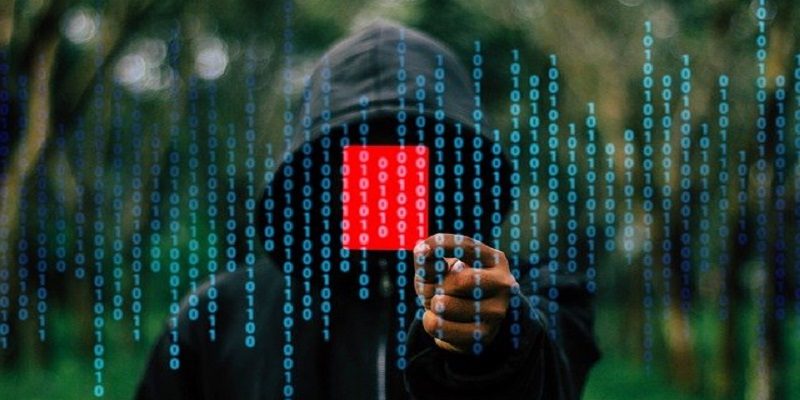In recognition of Cybersecurity Awareness Month, ISACA recently released the results from its inaugural consumer cybersecurity research, which reveals a growing sense of hopelessness in consumers who think nothing can be done to protect them from cybercrime. The international study of more than 3,000 consumers across the UK, Australia, the US, and India, found that 41% of consumers in India have had their personal information stolen by cybercriminals.
One in three respondents (36%) in India reported a significant increase in cybercrimes over the past 12 months, and nearly half (47%) do not think there is anything they can do or use to protect themselves from cybercrimes. However, interestingly, more than half (53%) believe they are very unlikely to be victims of cybercrime. Worryingly for the companies in India that experienced a breach in the security of their customers’ personal identifiable information (PII), 40% of consumers report having severed ties with a company known to have experienced a breach. Twenty-three percent are not confident a business can safely secure their personally identifiable information.
Though more than half of respondents in India (59%) are completely or very confident that businesses can secure consumers’ PII, the research indicates a significant number of consumers in India (78%) would be more confident doing business with companies that hire certified cybersecurity professionals. In addition, 74% of consumers surveyed believe companies should be independently graded on data security practices, and the scores shared with the public.
R.V Raghu, ISACA Ambassador in India and past ISACA board director, added “A strong cybersecurity workforce with cutting-edge skills in new technologies can help companies avoid cyber-crimes and ensure the safety of their consumer data, and as a result, build digital trust. Hands-on training, credentials, networking, and sharing best practices among the cybersecurity community globally can help cybersecurity professionals strengthen their skillsets and leverage the current demand to advance in their careers and also ensure they are keeping their enterprises—and the consumers they serve—protected.”







